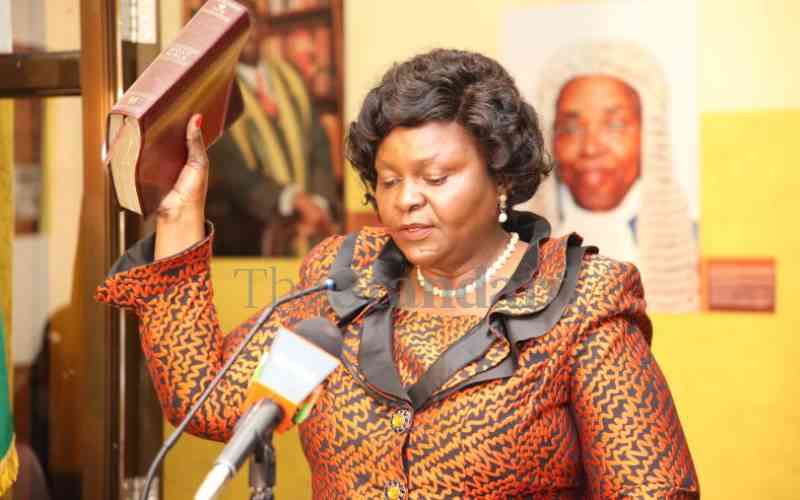
Fresh revelations by the Salaries and Remunerations Commission show how some of the public and state officers have devised ways of earning higher perks than they are entitled to even as the country grapples with a huge wage bill.
On Thursday, the National Assembly Public Accounts Committee (PAC) on Thursday, heard that the Commission for Revenue Allocation (CRA ), led by James Katule had initially sought approval for a new salary structure from the national treasury which in turn directed that they seek the same from SRC. It locked horns with with Salaries and Remuneration Commission (SRC) over its decision to implement a new salary structure and irregularly promote staff within its ranks without a green light from the SRC.